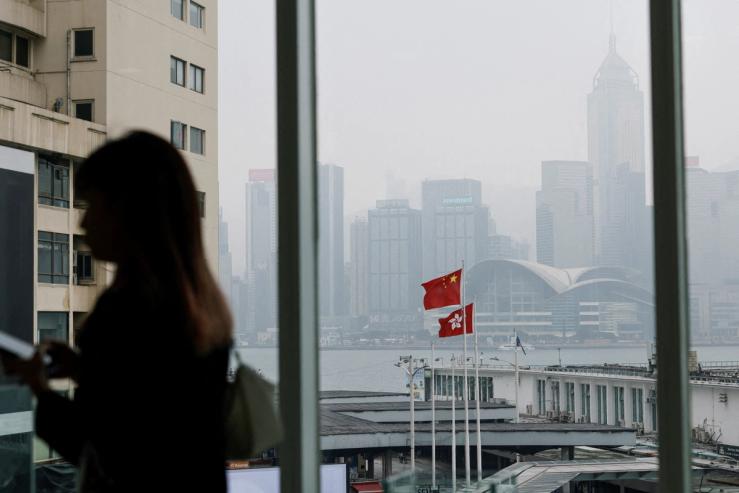The News
Hong Kong police on Tuesday arrested six people accused of violating a new national security law, marking the first time the government has used the legislation to crack down on freedom of expression.
The six suspects are accused of “[advocating] hatred” against the governments of Hong Kong and China, Hong Kong’s security secretary said. One of the suspects is lawyer Chow Hang-tung, a prominent pro-democracy activist who is already in a maximum security prison and was re-arrested on new charges while in prison. Chow was incarcerated in 2021 for violating Beijing’s national security reforms, implemented in 2020.
SIGNALS
Hong Kong wants to move on from security to focus on economy
Hong Kong’s own national security law was passed to deflect international criticism of Beijing interfering in the city’s domestic affairs, according to political scientist Kurata Toru, and “the Hong Kong government now no longer has to keep dealing with the issue of national security, and can focus on the economy.” But it is “unrealistic” to think Hong Kong’s economy can prosper under an intense political crackdown, Toru argued. To maintain a healthy economy, Hong Kong must “improve its relations with the West and restore local trust in government,” Toru wrote.
People who flee Hong Kong to UK can’t access their pensions
When Beijing imposed its 2020 security law on Hong Kong, the United Kingdom amended its visa rules so Hong Kongers with British passports would be able to permanently relocate to the UK. But hundreds of Hong Kongers now living in the UK have been blocked from accessing more than $3.8 billion in retirement savings in Hong Kong, according to rights group Hong Kong Watch. The change came after China’s Ministry of Foreign Affairs ordered Hong Kong to no longer recognize British National Overseas passports, which were given to Hong Kong civil servants during the former British colonial rule. “They don’t like people moving out of Hong Kong and they will do whatever… to punish them,” said one Hong Konger now living in London.
For mainland Chinese, Hong Kong is still more free
More than 93,000 talent visas to Hong Kong for mainland Chinese have been approved since 2023, according to the Financial Times. While the city has struggled to retain other foreign talent amid a broader political crackdown and shift toward Beijing, many Chinese mainlanders still see Hong Kong as less restrictive and young entrepreneurs are drawn to its “open market and looser rules on internet access.” Access to internet platforms like YouTube — inaccessible in China — is crucial, they told the FT, for successful marketing and international outreach.



